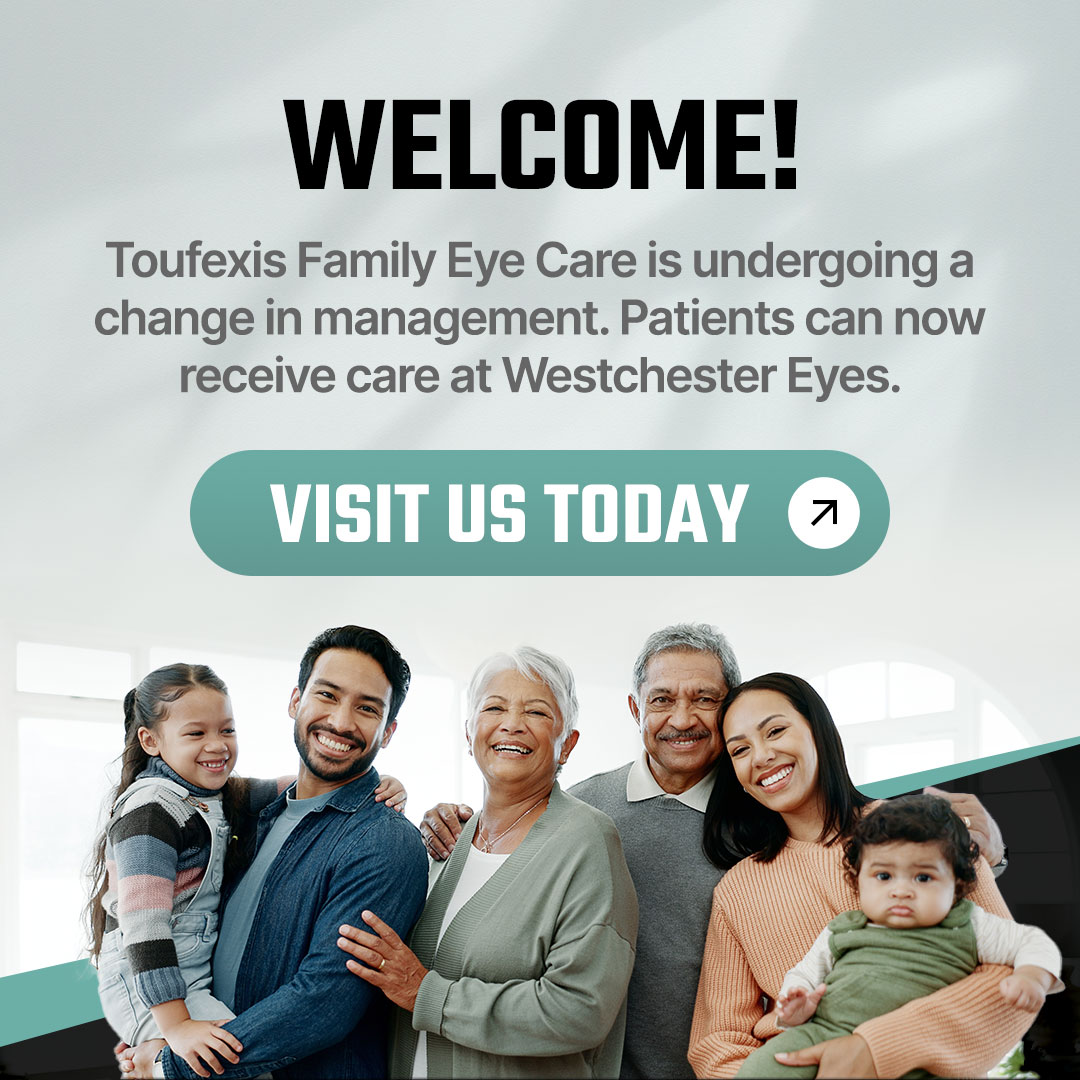
You may cover your skin with sunscreen to shield it from UV radiation, but what about your eyes? Your eyes need protection every day of the year. UV radiation can hurt your eyes and cause serious problems, especially for babies and young kids.
UV radiation can come from natural and artificial sources, such as the sun and welding machines. That is why you need to be smart and take action to prevent excess UV exposure.
What Are UV Rays?
UV rays are invisible waves of energy that the sun emits. They have different wavelengths based on their strengths. Some can reach the earth and affect living things. UV rays come in three kinds:
UVA rays have a long wavelength that allows them to reach deep into the skin. They can cause early aging, wrinkles, and some skin cancers
UVB rays can harm the outer layer of the skin with their shorter wavelength. They cause sunburns, inflammation, and most kinds of skin cancer
UVC rays are the shortest; the ozone layer absorbs most of them. They do not harm human health
How Do UV Rays Affect the Eyes?
UV rays can damage the eyes in several ways.
Photokeratitis
This is when UV rays make the cornea swell up. It feels like the eyes have sunburns. It can make the eyes red, sore, blurry, light-sensitive, and gritty. It usually goes away in a few days but can be very annoying.
Cataracts
This permanent condition occurs when the lens becomes cloudy due to UV damage. It can cause blurred vision, glare, halos, and reduced color vision. It ranks among the top causes of vision loss globally. It is treatable with surgery, but it is better to prevent it by wearing sunglasses with UV protection.
Macular Degeneration
UV rays can damage the macula, the part of the retina that allows for sharp vision, and cause a permanent condition known as macular degeneration. This condition affects central vision, making it hard to see images clearly, read words, or recognize faces. It is a common cause of vision loss in older people. There is no way to reverse it, but some treatments can help slow its worsening.
Pterygium
Chronic UV exposure can cause a benign growth on the conjunctiva called pterygium. It can make your eyes irritated, red, dry, and astigmatic. It can also affect your vision if it covers the cornea. Surgery can remove it, but it may return if you do not protect your eyes from the sun.
UV Eye Protection
Sunglasses that block at least 99% of UVA and UVB rays are best. You should wear them outdoors even when it is cloudy or winter. Sunglasses that fit well and cover your entire eye area are best. Other tips to protect your eyes from UV rays are:
Wear a hat or a cap with a brim that shades your eyes
Avoid looking directly at the sun or any bright light source
Limit exposure to artificial UV light sources, such as tanning beds or welding machines
Schedule routine eye checkups and screenings with your eye doctor
Conclusion
UV protection for eyes is more than a fashion choice—it is a health necessity. You can keep your eyes healthy and enjoy the sunshine without worries by following these simple steps.
For more on the importance of UV protection for eyes, visit Westchester Eyes at our Yonkers, New York office. Call 914-586-EYES (3937) to schedule an appointment today.









